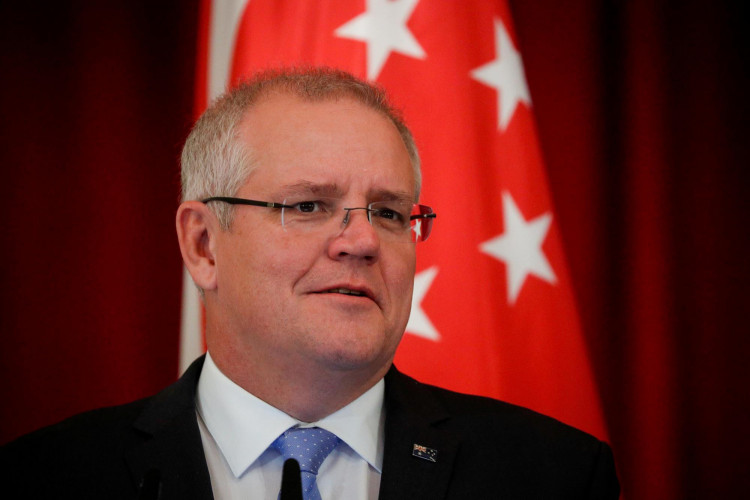Australia will allocate an extra $1.5 billion ($1.03 billion) on infrastructure and speed up project approval, including expanding the BHP Group's Olympic Dam to revive its ailing economy, Prime Minister Scott Morrison disclosed on Monday.
Australia closed down large portions of its economy in March to curb coronavirus spread. While the measures slowed the rate of infection, they had a devastating toll on the economy which is on track for its first 30-year recession.
Australia has already raised A$3.8 billion in infrastructure spending, but the prime minister will pledge an additional A$1.5 billion in funds on Monday.
And inland rail system that will link Melbourne and Brisbane and a second submarine power cable to Tasmania are some of the projects being prioritized by the Commonwealth Government in an attempt to accelerate employment on major infrastructure works.
In a speech at today's National Press Club, Morrison outlined more details of the Government's JobMaker plan, including increased infrastructure spending and major projects.
Of the planned infrastructure overhaul, $1 billion will go to priority "shovel-ready" projects, with half billion dollars specifically targeted to road safety works. The states and territories appoint the programs.
Addressing Australia's Economic Development Committee on Monday, Morrison said this means that over the past eight months the government will have advanced or provided additional funding worth $9.3 billion in total infrastructure investment.
In Australia, projects typically take 42 months to get the necessary approval. Morrison said he plans to reduce the processing time by half.
Meanwhile, mining giant BHP plans to lift the copper output at the Olympic Dam by over 70 percent. Other projects targeted for speedy approval includes an undersea power connection and water projects.
On top of the approval of infrastructure and spending proposals, the Prime Minister also bared plans to fast track reforms, claiming the country had benefited during the coronavirus crisis from innovative and flexible regulatory practices.
Meanwhile, investors are concerned about a second wave of coronavirus infections that could further harm the economy following an outbreak at a market in Beijing and a spike in cases around the globe.
The worries have seen Australia's late trade losses worsen and fall for the third day in a row since hitting the highest rate last week.
The ASX 200 index shed around 2.2 percent, or 128 points, to settle at 5,720, with all sectors falling in the red zone, led deeper by oil stocks, banks, and mining firms.






